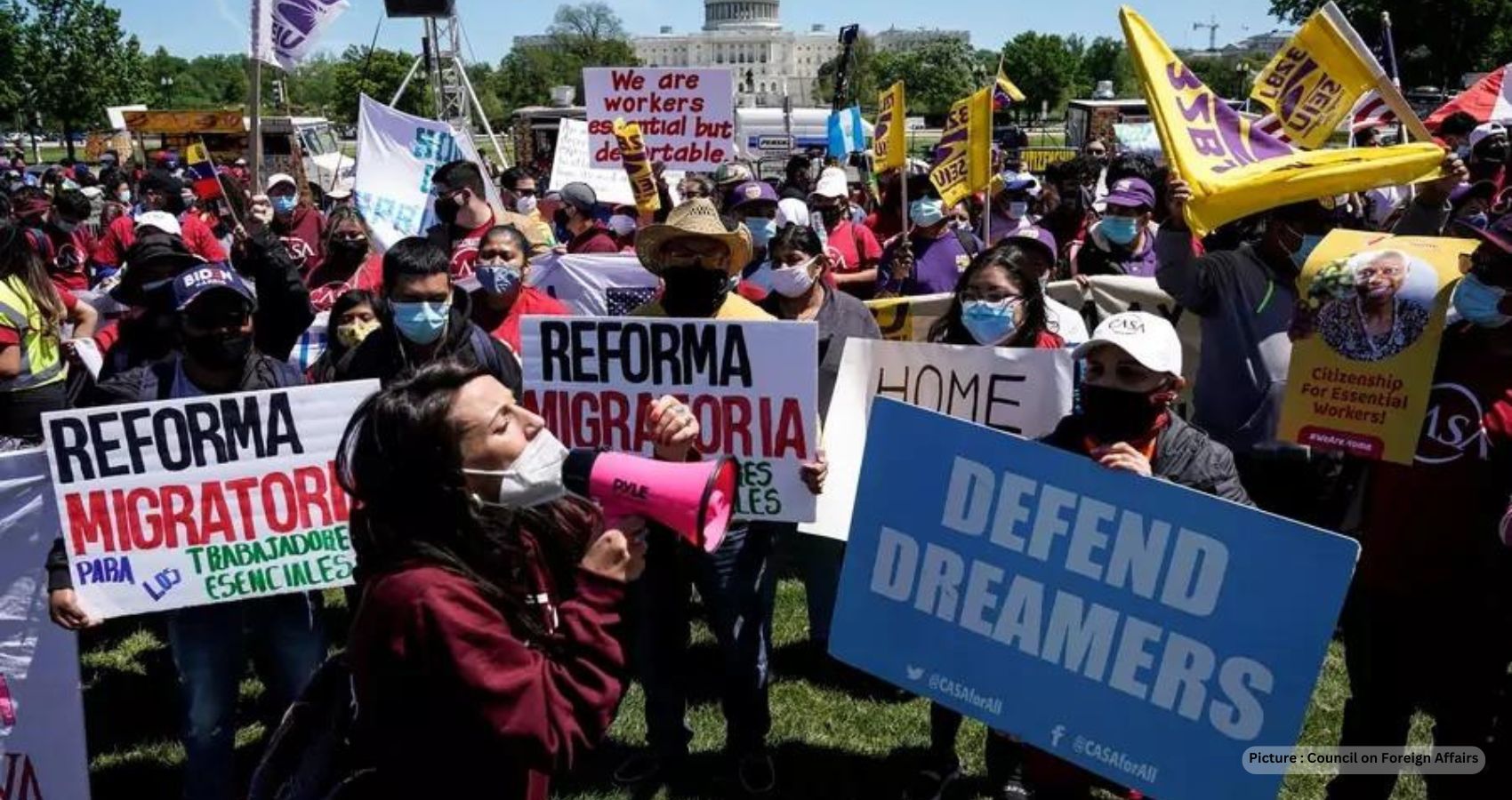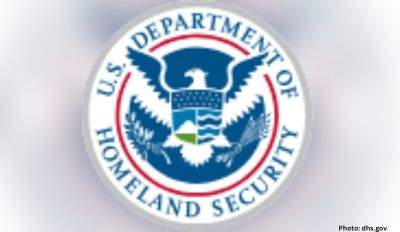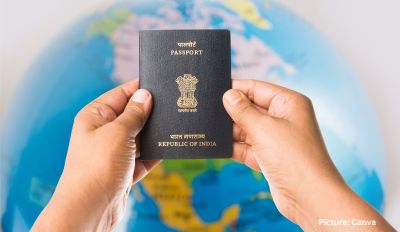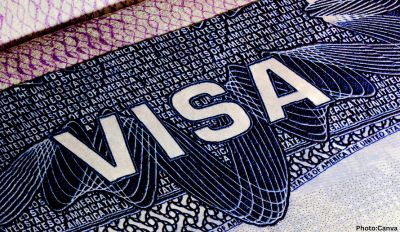The U.S. Citizenship Act of 2023 proposes a set of immigration reforms to address long standing issues of immigrants and bolster economic growth of the US.
In a welcome news for thousands of Indians in the United States aiming for citizenship, Democrat Congresswoman Linda T. Sánchez has introduced the U.S. Citizenship Act of 2023 before the House of Representatives on immigration reforms in the US. The bill comes after the expiry of Title-42 order on immigrants’ restriction to enter into the US territory.
The new legislation seeks a series of measures including elimination of per-country green cards caps, work authorization of H-1B holders’ dependents and preventing children of H-1B holders from aging out of the system and being forcefully deported.
The legislation aims to equip the country to responsibly manage the border with smart and effective investments, address the root causes of migration that force people to leave Central America, and restore the United States’ commitment to human rights, according to a press note. It will be a step towards addressing the range of issues of immigrants face and prioritize family reunification and keeping families together and bolster the country’s long-term economic growth.
Commenting on the significance of the bill, Sánchez said ,“As the daughter of immigrant parents from Mexico, I am honored to introduce the U.S. Citizenship Act—a bold, transformative framework that will help fix our broken immigration system.The U.S. Citizenship Act will help us grow our economy, make our borders safer and more secure, and deliver a pathway to citizenship for millions of immigrants already living and working here.”
The U.S. Citizenship Act 2023 establishes an earned road-map to citizenship for all 11 million undocumented immigrants; reforms for the family-based immigration system to keep families together;progress towards country’s economic development; protection for workers from exploitation and improves the employment verification process and supports asylum seekers and other vulnerable populations. .
In addition to Congresswoman Sánchez, the legislation is cosponsored by 100 members of the House of Representatives, including Indian Americans Pramila Jayapal and Shri Thanedar.
In a bid to fix the US immigration system, Congresswoman Linda Sanchez and other Democrats introduced a Citizenship Act to deliver a pathway to citizenship for millions of undocumented immigrants living and working in the country.
The US Citizenship Act 2023 will make way for Dreamers, recipients of Temporary Protected Status (TPS), agricultural workers, including their spouses and children, immediately eligible for green cards.
“As the daughter of immigrant parents from Mexico, I am honored to introduce the US Citizenship Act today… a bold, transformative framework that will finally fix our broken immigration system,” Sanchez said in a statement.
“The US Citizenship Act will help us grow our economy, make our borders safer and more secure, and deliver a pathway to citizenship for millions of immigrants already living and working here,” she added.
Nearly 4 million people in the US with approved family-sponsored petitions are waiting for an immigrant visa to become available, and an estimated 4.4 million American citizen children have at least one parent who is undocumented.
Approximately 1.6 million undocumented noncitizens in the country are married to US citizens and roughly 675,000 are married to lawful permanent residents.
The bill protects children from aging out of visa eligibility due to processing delays, and ensures that beneficiaries of family-based petitions retain their earliest priority date even if they later become eligible for a visa under a different category.
It also seeks to reform the family-based immigration system by clearing the immigrant visa backlogs.
It bill recaptures unused family-sponsored visas since FY 1992 and exempts from the numerical limitations — spouses, permanent partners, and children under the age of 21 of lawful permanent residents; derivative spouses and children of principal applicants; and individuals who have been waiting to be reunited with their families for more than 10 years.
The bill also alleviates lengthy wait times for individuals from higher-admission states by raising the per-country limits from 7 per cent to 20 per cent.
To retain talent and strengthen the economy, the bill also exempts individuals with a doctoral degree in a field involving science, technology, engineering, or mathematics from an accredited US institution of higher education from the numerical caps on visas.
Foreign-born workers make up 17 per cent of the workforce and undocumented workers comprise approximately 4.4 per cent.
An estimated five million undocumented workers are serving in essential roles as front-line workers.
Eliminating discrimination against LGBTQ+ families, the bill permits citizens and permanent residents in binational same-sex relationships to sponsor their permanent partners for immigration to the US.
The bill expands current protections to ensure that the death of a sponsor does not prevent the immigrant from establishing eligibility for the relevant benefit and prevents the children of fiances of US citizens from aging out of the visa application and green card processes.











